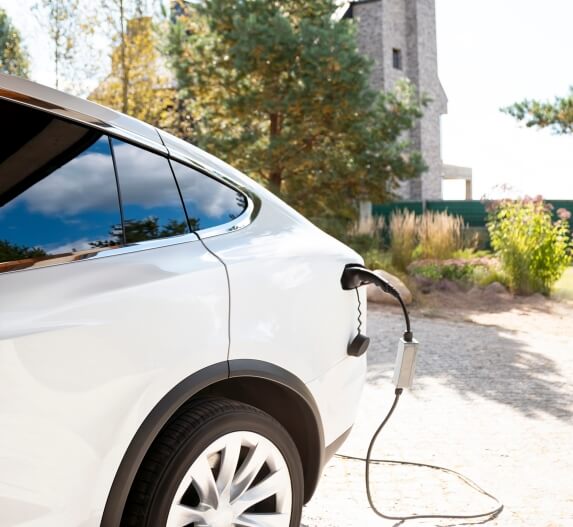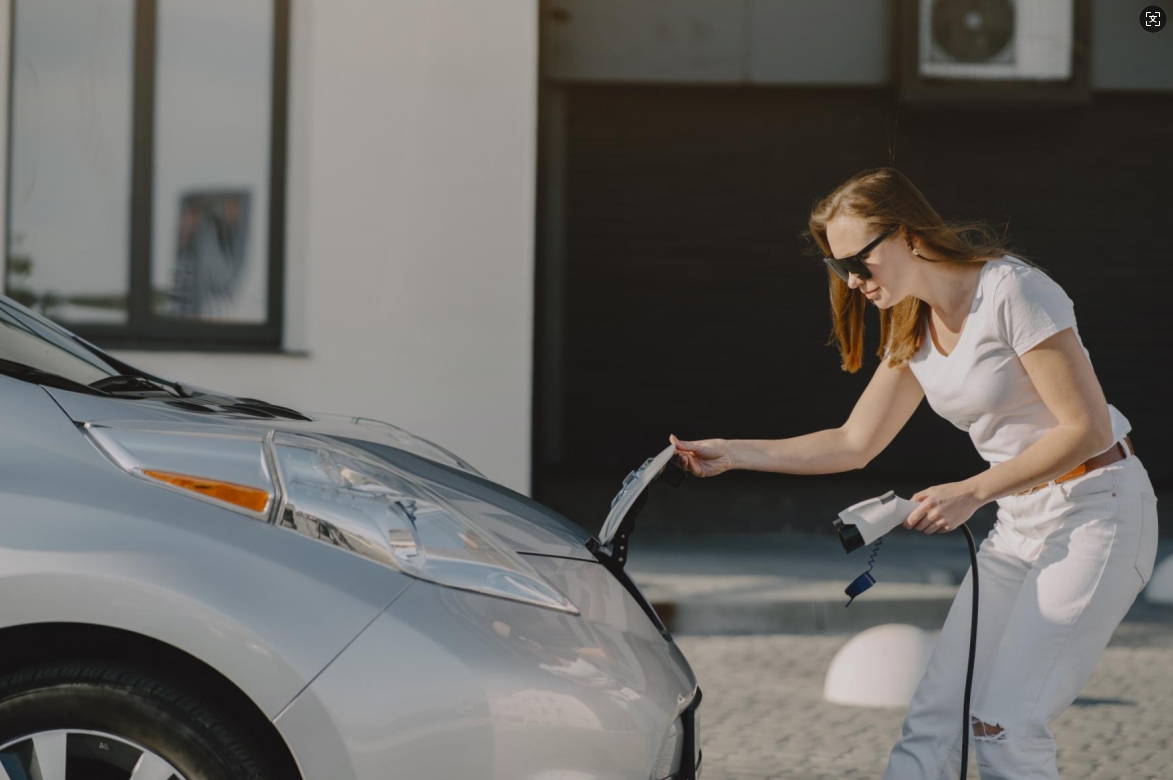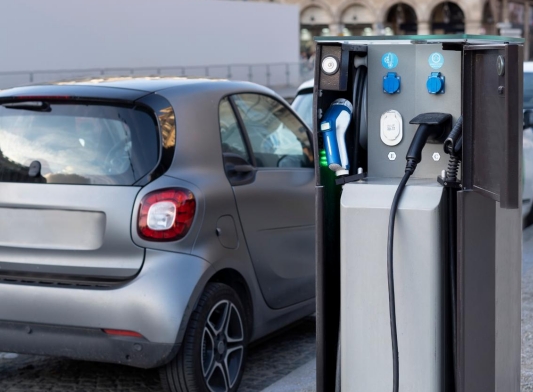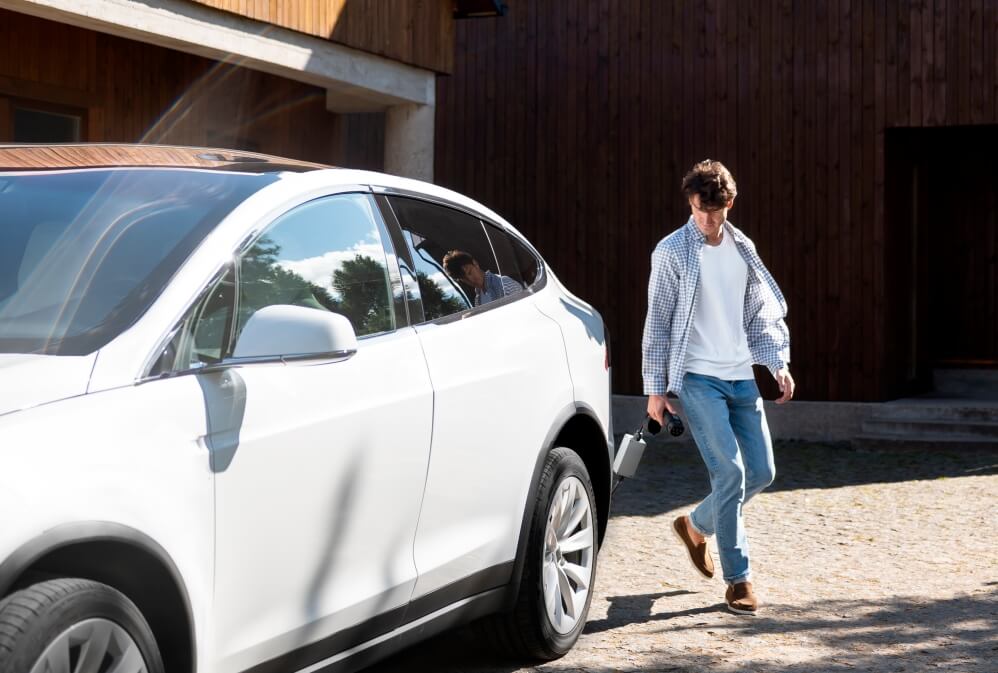EV Chargers for Hotels: How to Turn Parking Spots into Profit Centers
In today's rapidly evolving transportation landscape, the adoption of electric vehicles (EVs) is on the rise. Hotels, as key players in the hospitality industry, have a unique opportunity to capitalize on this trend by transforming their parking spots into profit centers through the installation of EV chargers. Here’s how hotels can achieve this:
1. Meet Guest Expectations and Attract New Customers
- Enhance Guest Experience: With more travelers opting for EVs, providing charging stations can significantly enhance the guest experience. It shows that the hotel is forward-thinking and environmentally conscious.
- Increase Foot Traffic: Studies have shown that businesses with EV chargers see a 20-30% increase in foot traffic. By installing chargers, hotels can attract not only EV owners but also other guests who appreciate eco-friendly amenities.

2. Generate Additional Revenue Streams
- Charging Fees: Hotels can charge users per kilowatt-hour (kWh) or per charging session. For example, a Level 2 charger can generate $10,950 annually if it serves 10 cars per day at $0.30/kWh. DC fast chargers can earn even more, with the potential for $137,000 annually.
- Government Incentives: Many governments offer rebates and tax credits that can cover a significant portion of the installation costs. For instance, a hotel that installs $50,000 worth of EV chargers might receive a $35,000 rebate, reducing the net cost to $15,000. This makes the investment more attractive and profitable in the long run.
3. Improve Sustainability and Brand Image
- Reduce Carbon Footprint: By providing EV charging, hotels contribute to reducing greenhouse gas emissions from transportation. This aligns with global sustainability goals and enhances the hotel’s brand image.
- Green Certifications: Hotels with EV charging stations may qualify for green certifications like LEED, which can further boost their marketability.
4. Strategic Partnerships and Collaborations
- Local Business Partnerships: Partnering with local businesses can create mutual benefits. For example, a hotel can collaborate with nearby restaurants or retail stores to offer bundled packages that include charging services and discounts.
- Fleet Partnerships: EV fleet operators, such as delivery services or ride-sharing companies, often need reliable charging hubs. Hotels can partner with these fleets to provide charging services, generating consistent revenue.
5. Maximize Utilization and Efficiency
- Smart Load Management: Implementing load management systems (LMS) can help balance electrical loads and prevent grid overloads, especially during peak usage times. This ensures that the chargers are always available and operational.
- Regular Maintenance: Scheduling regular inspections and software updates can prevent malfunctions and ensure that the chargers are always in good working condition. This not only enhances guest satisfaction but also reduces downtime and maintenance costs.
6. Offer Value-Added Services
- Loyalty Programs: Offering loyalty points or discounts to EV drivers during their charging sessions can encourage repeat visits and increase overall spending.
- Advertising Revenue: Some EV chargers come with digital screens that can display ads. Hotels can generate additional income by selling advertising space on these screens.
Conclusion
By strategically installing and managing EV chargers, hotels can not only meet the growing demand for EV infrastructure but also create new revenue streams and enhance their brand image. With the right planning, partnerships, and utilization strategies, hotels can effectively turn their parking spots into profit centers, positioning themselves as leaders in the eco-friendly hospitality market.
Last Updated on May 26, 2025 by tayniu



